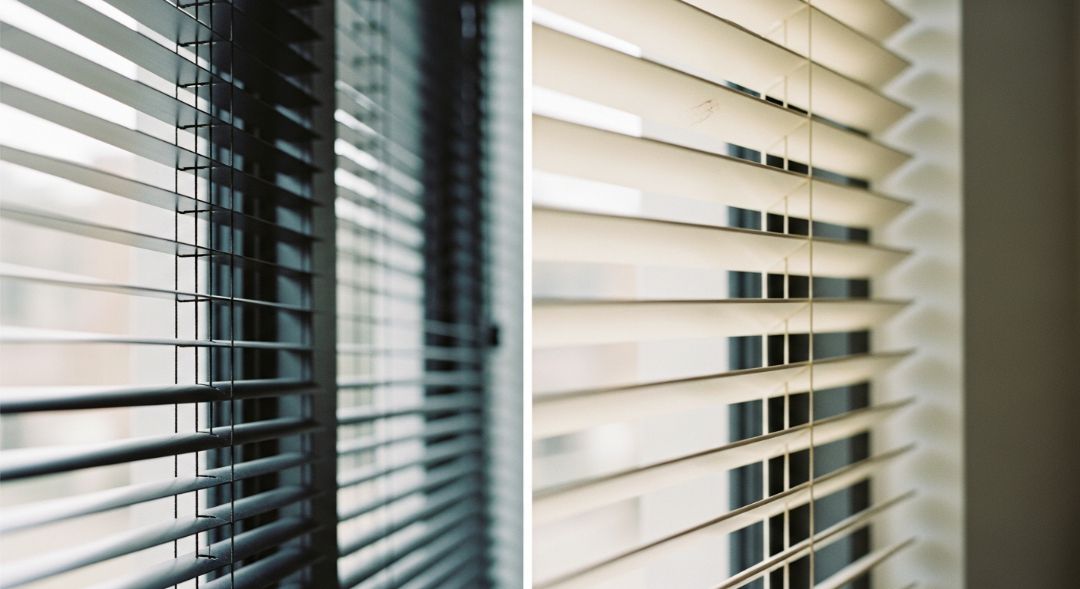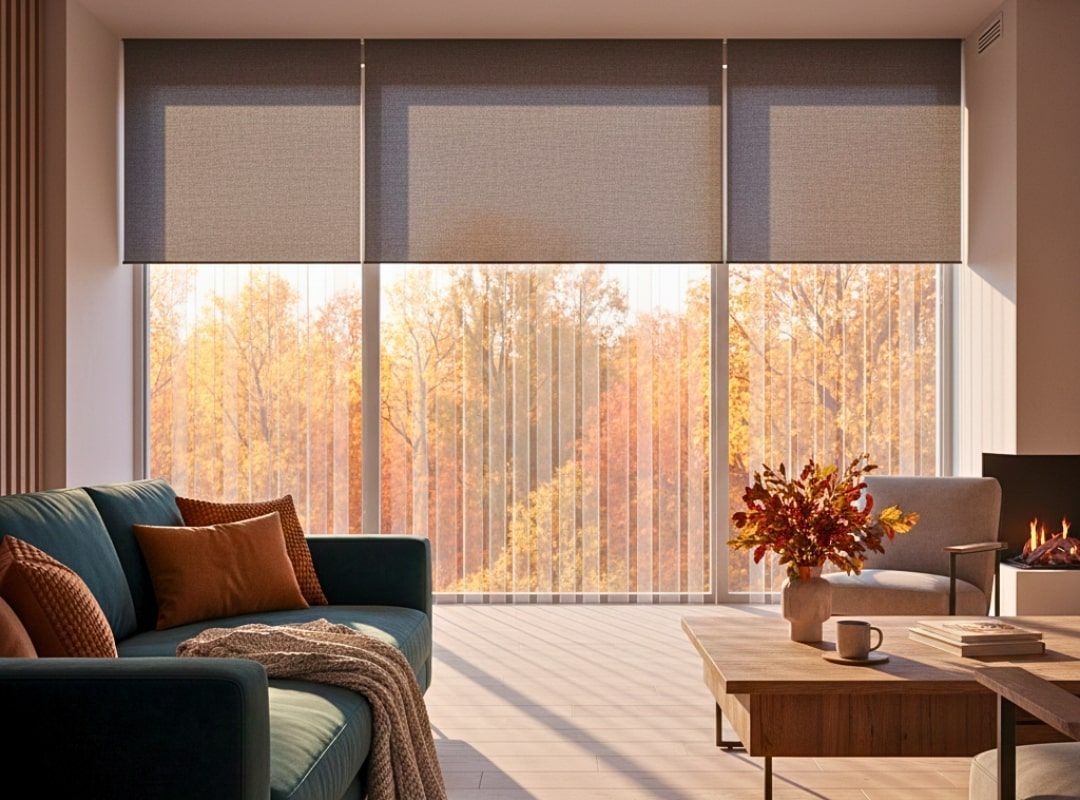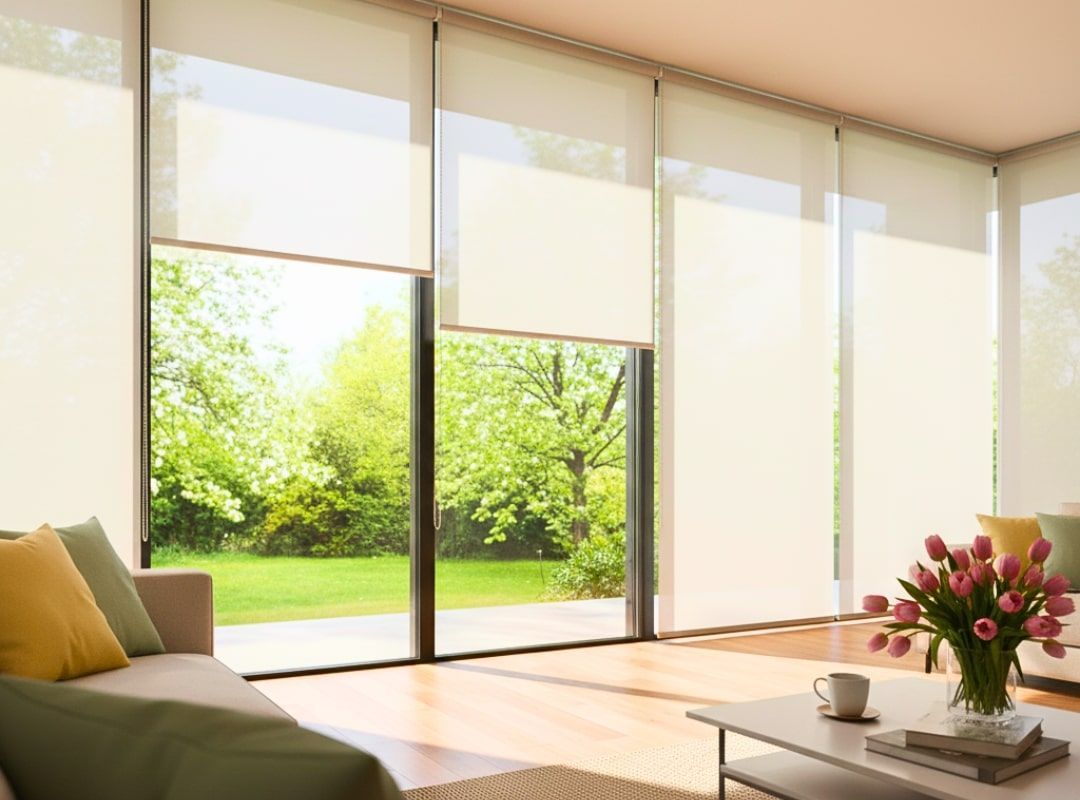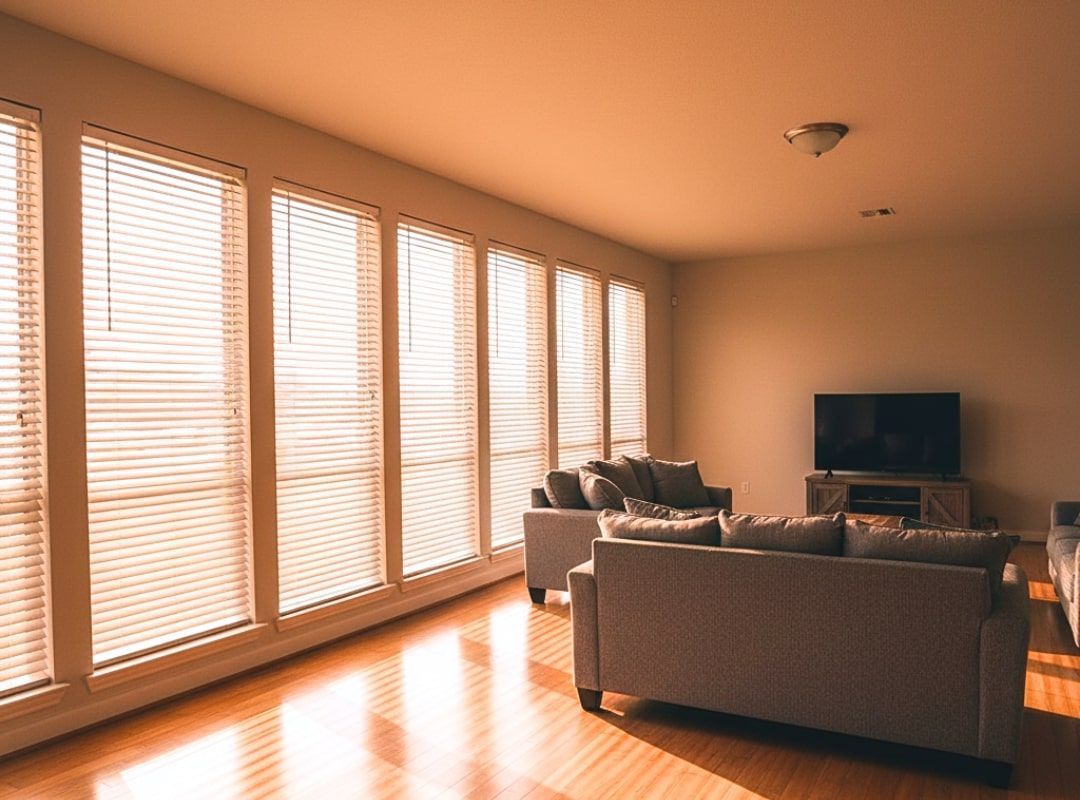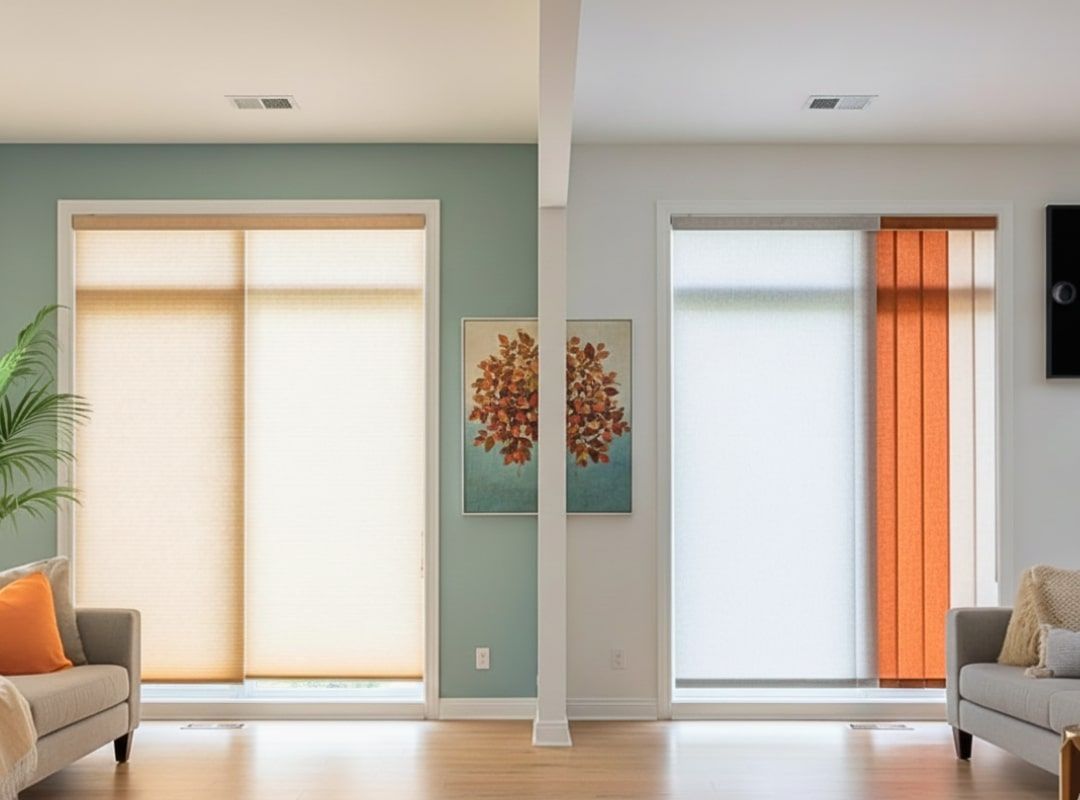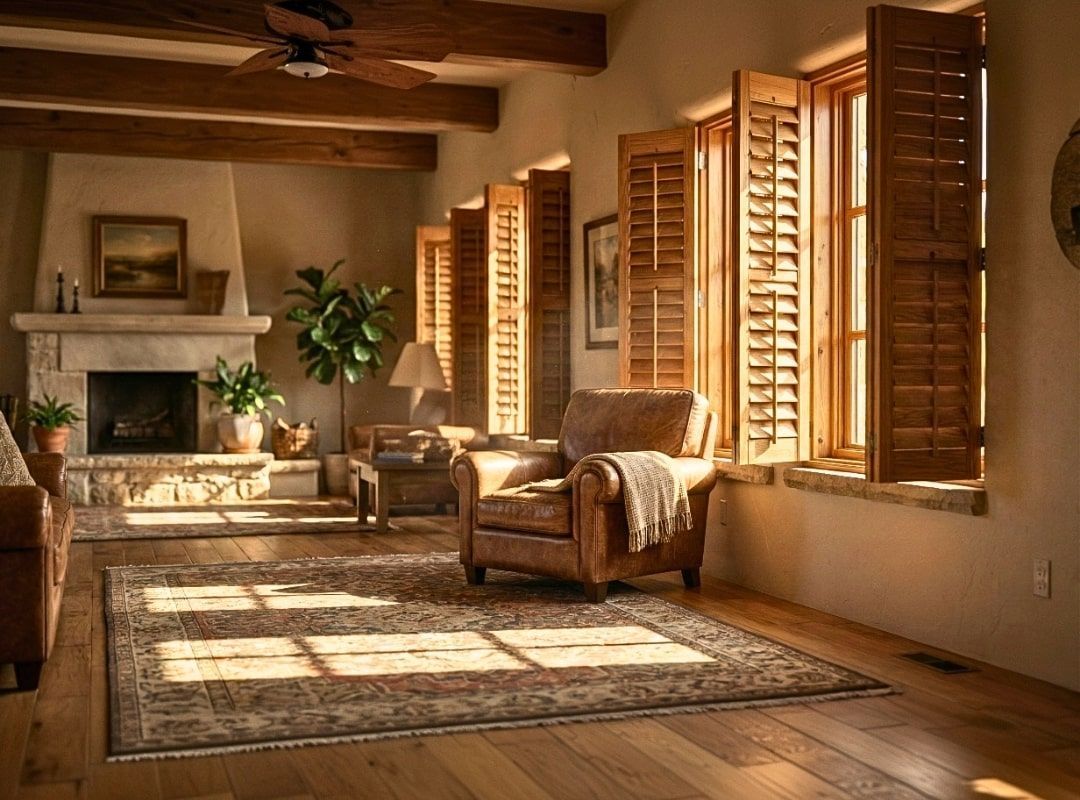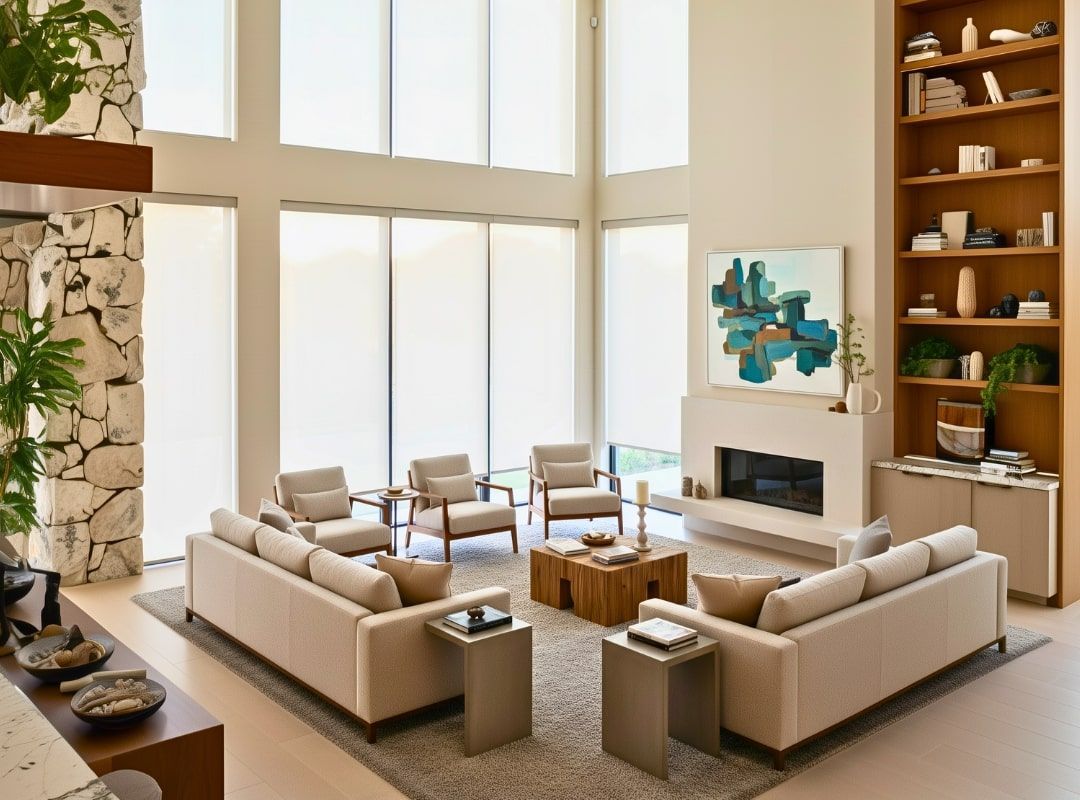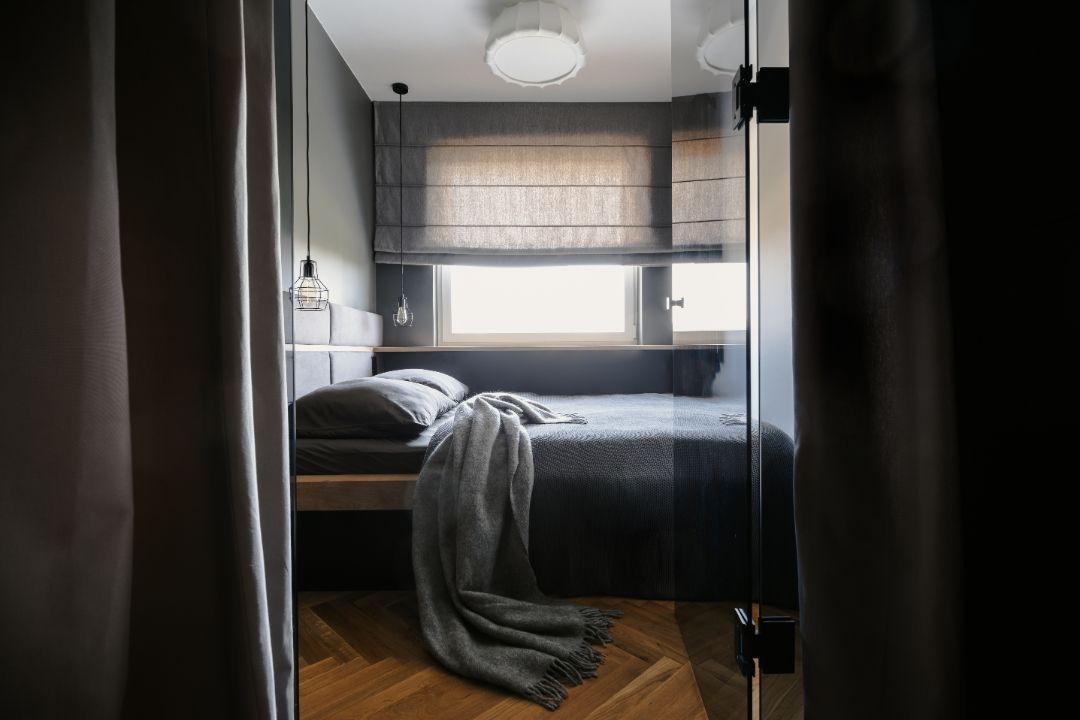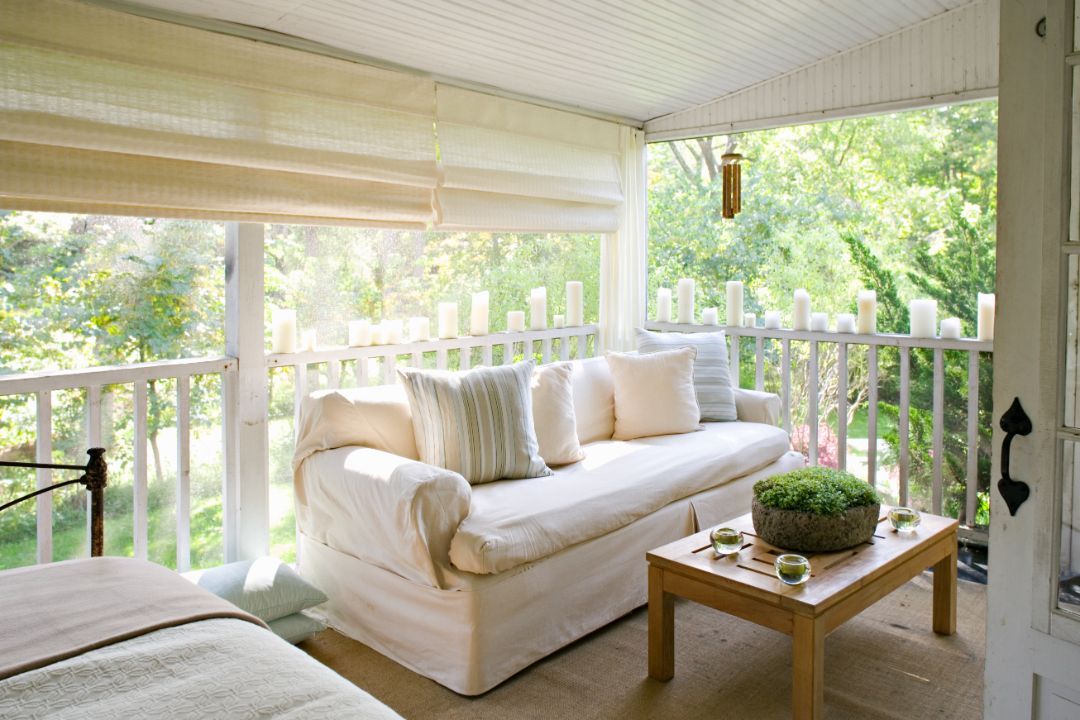Vinyl vs Aluminum Blinds: Which Window Covering is Better?
TLDR;
Vinyl blinds are better if you want budget-friendly options, moisture resistance, and wider design choices, while aluminum blinds are better if you need durability, energy efficiency, and a longer lifespan. The right choice depends on your priorities, room type, and climate.
What Are Vinyl and Aluminum Blinds?
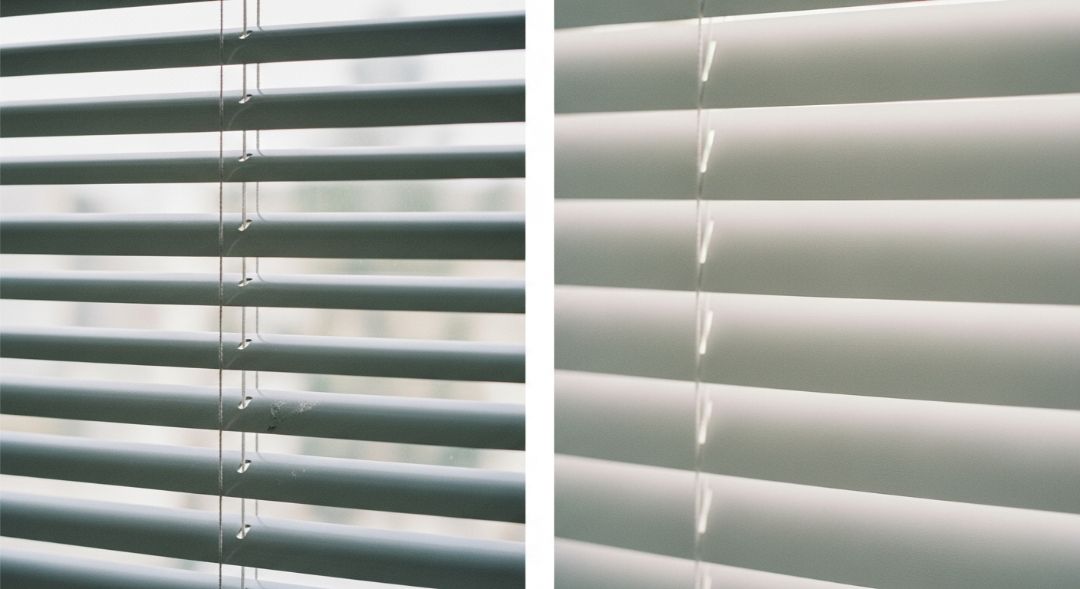
Vinyl blinds are made from PVC (polyvinyl chloride). They are lightweight, flexible, and moisture-resistant. They are common in homes because they are cost-effective and easy to clean.
Aluminum blinds are made from thin aluminum alloy slats. They are stronger, more durable, and better at handling heat and sunlight. They often last longer and perform well in high-use areas.
Both come in horizontal and vertical styles, offered in different slat widths, colors, and finishes.
Blinds Material Comparison
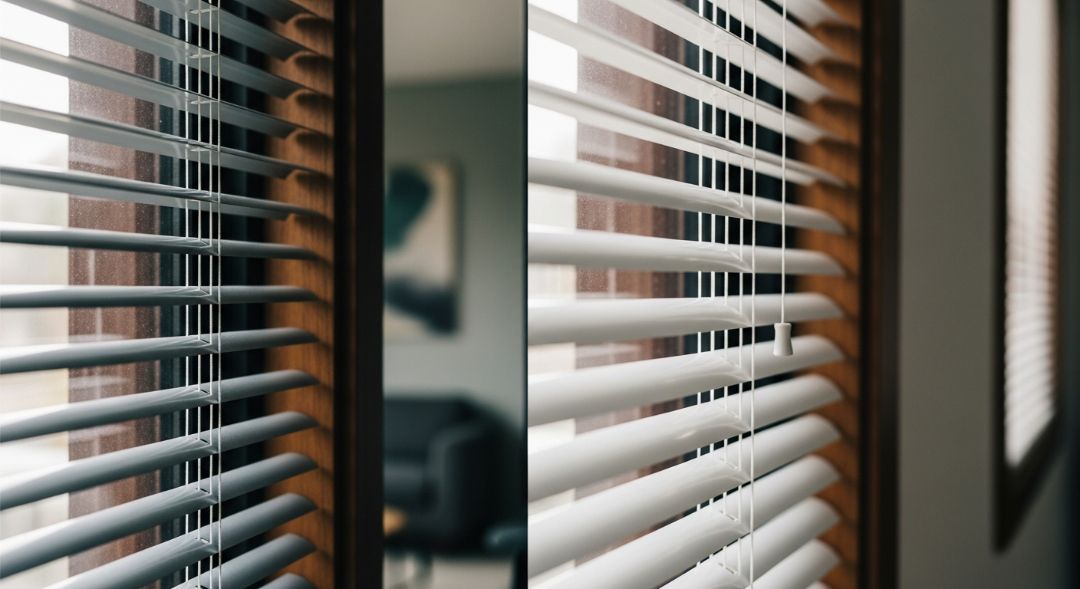
When you compare vinyl vs aluminum blinds, the main differences come from their core materials:
- Vinyl: Softer, flexible, can warp with heat, but does not rust.
- Aluminum: Rigid, resists bending, but can dent under impact.
Vinyl is better for moisture-heavy rooms like bathrooms. Aluminum is stronger for sun-facing windows or large spans of glass.
Environmental and Climate Considerations in Texas
Texas has extreme heat, strong UV exposure, and humidity in many regions. These conditions affect blind materials differently:
- Vinyl blinds in Texas can fade or warp when exposed to constant high heat. Direct sunlight weakens PVC over time.
- Aluminum blinds reflect heat better, helping to reduce indoor temperatures in hot summers.
- In coastal Texas with humidity, vinyl performs well because it resists moisture. Aluminum can corrode if finishes wear away.
For Texas homeowners, using vinyl in bathrooms and kitchens and aluminum in large sun-facing windows balances performance and overall value.
Vinyl Blinds Durability
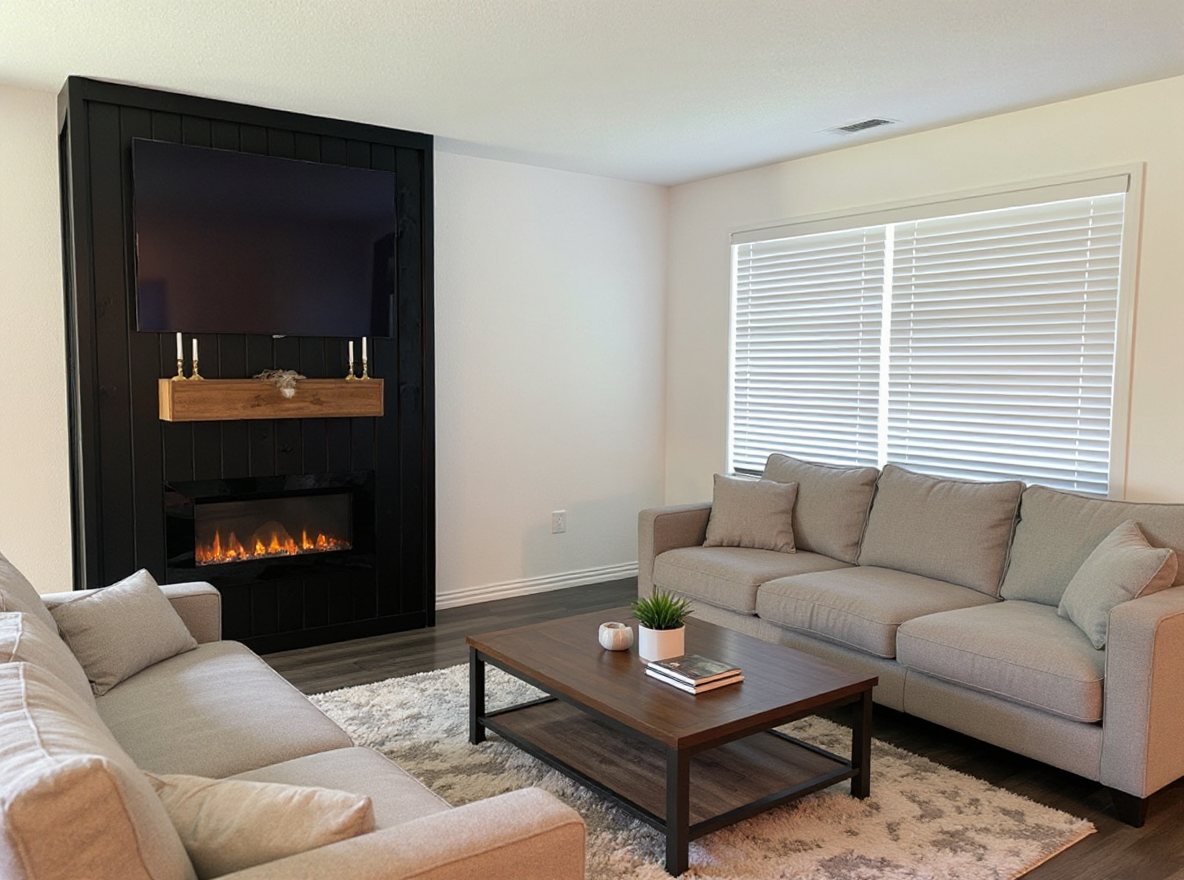
Vinyl blinds hold up well in humid areas. They resist moisture and are less likely to rust or corrode. However, they can warp in extreme sunlight and typically have a shorter average lifespan.
Aluminum blinds have a longer life. They resist warping and can last many years with proper maintenance. They dent more easily, but dents do not affect function as much as warped vinyl slats do.
Energy-Efficient Window Treatments
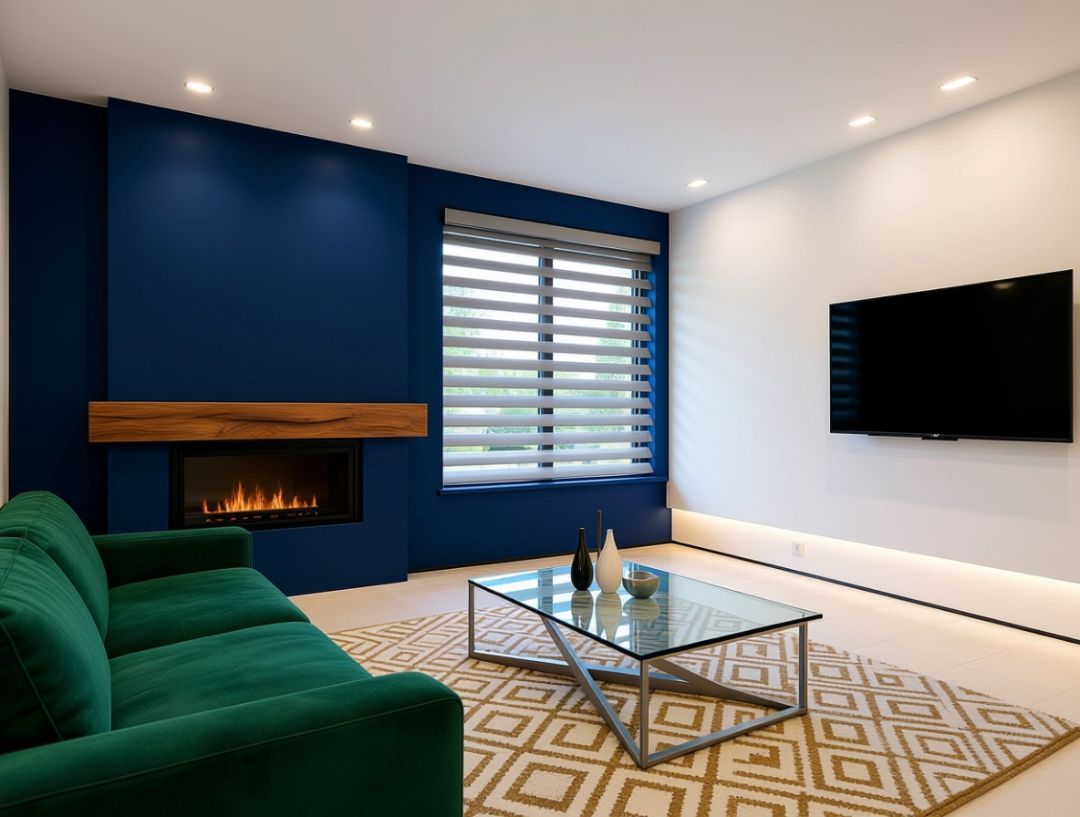
- Aluminum blinds are better at reflecting sunlight, which helps keep rooms cooler in summer. In winter, tilted aluminum slats can also help retain heat.
- Vinyl blinds do not reflect heat as well. They insulate slightly but are not as energy efficient in hot climates.
For energy savings in Texas, aluminum blinds perform better overall.
Light Control, Glare, and Privacy
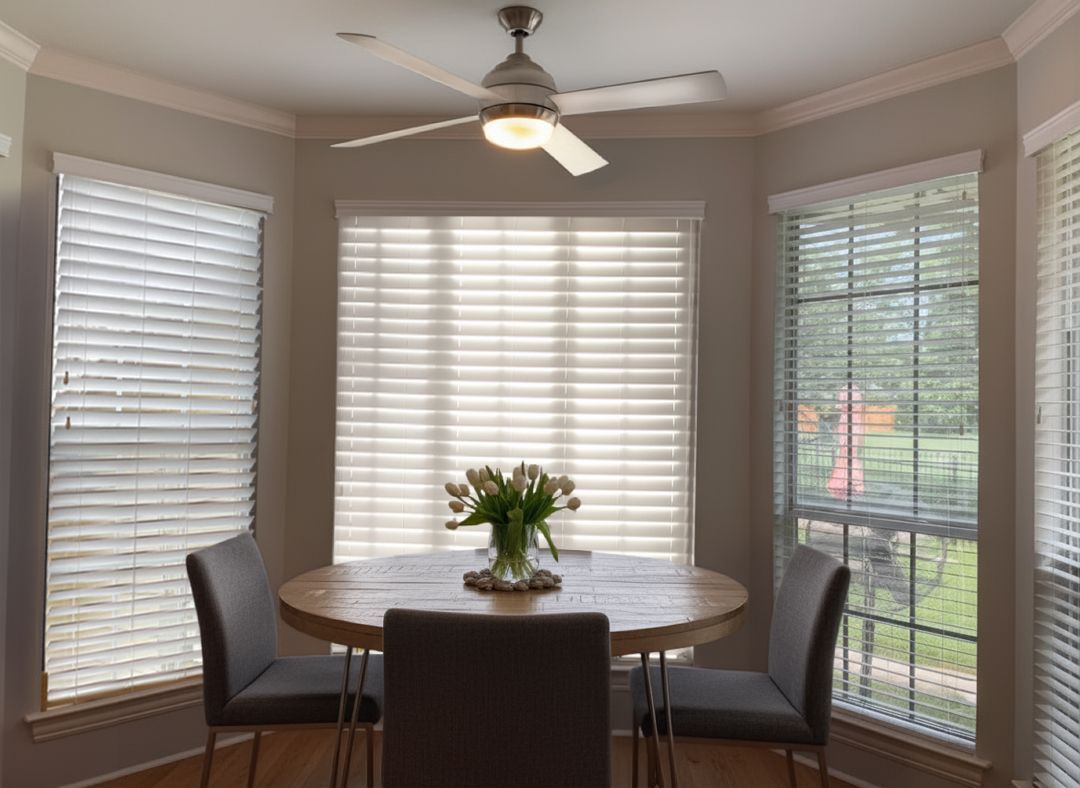
- Aluminum blinds reflect more light and provide sharper glare control.
- Vinyl blinds block light but may let more through in thinner slats.
- Both allow privacy when closed, but aluminum slats fit tighter for stronger coverage.
For offices or media rooms where glare control matters, aluminum blinds are the stronger choice.
Aesthetic and Design Options
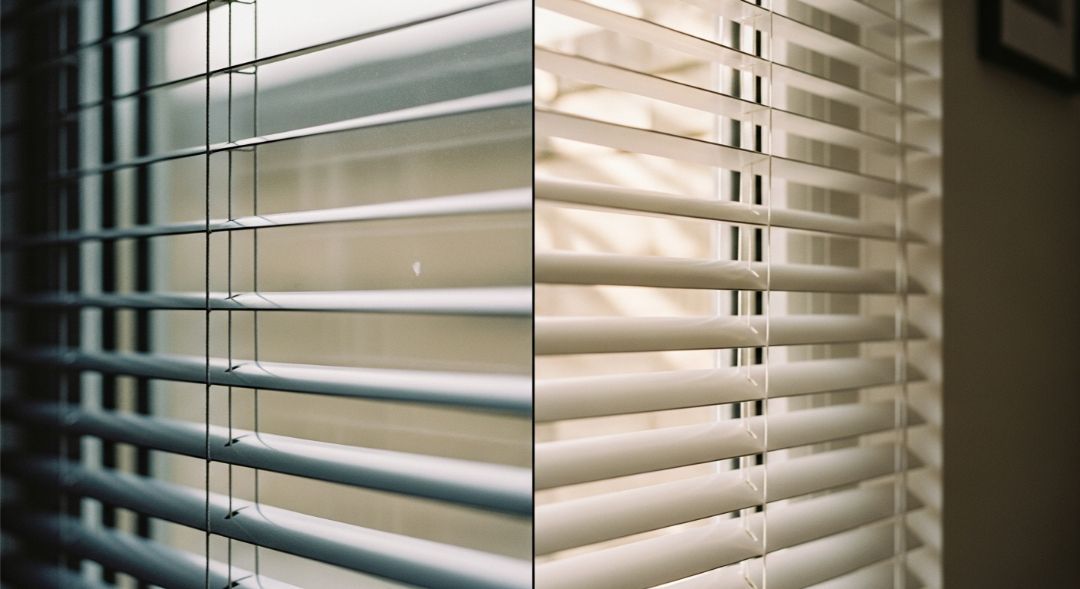
- Vinyl blinds offer more variety in colors and textures, including wood-grain, matte, and many shades.
- Aluminum blinds usually come in solid colors or metallic finishes. They look sleek and modern but have fewer texture choices.
If design flexibility matters, vinyl blinds provide more options.
Aluminum Blinds Maintenance
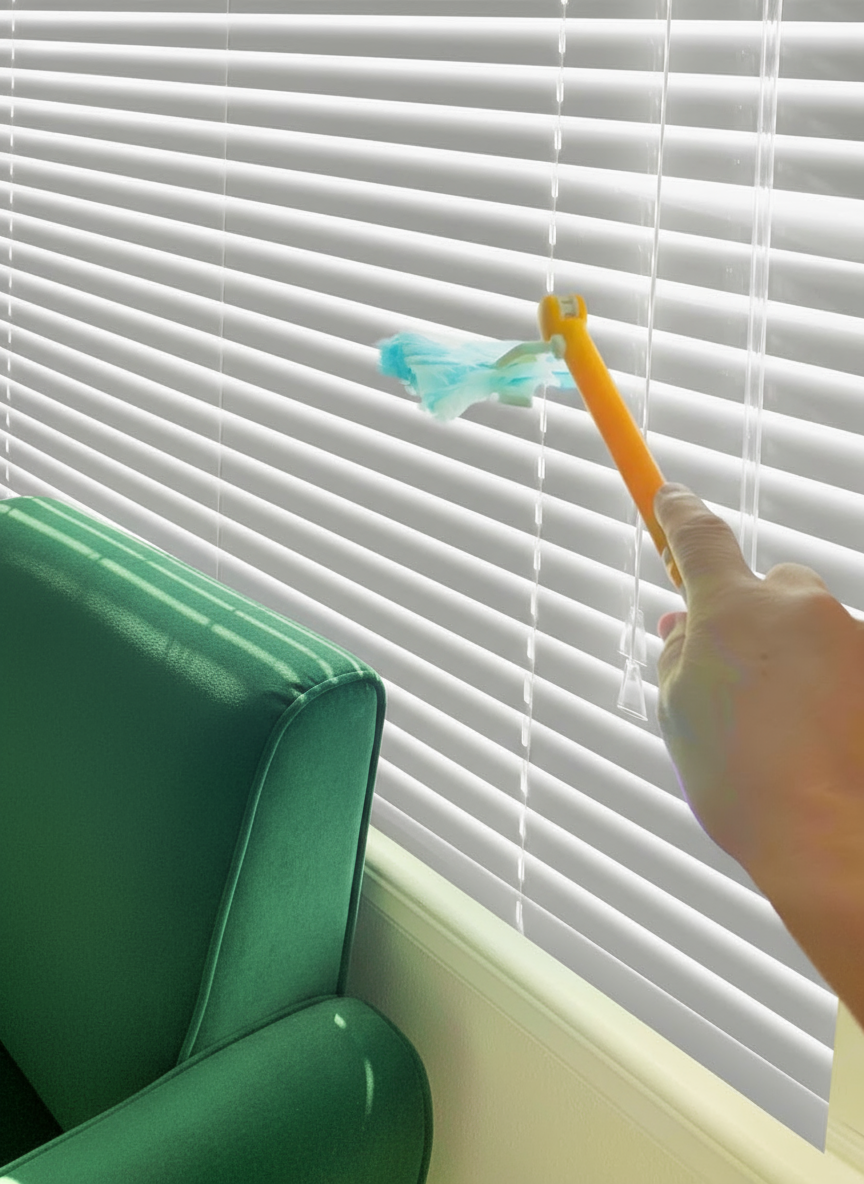
Both vinyl and aluminum blinds are easy to clean:
- Vinyl: Wipe with damp cloth or mild soap. Avoid strong cleaners that damage the finish.
- Aluminum: Dust regularly, wash with water and mild detergent, and dry quickly to prevent corrosion.
Vinyl blinds are quieter when handled. Aluminum blinds tend to rattle more when windows are open or fans are running.
Cost vs Value of Blinds
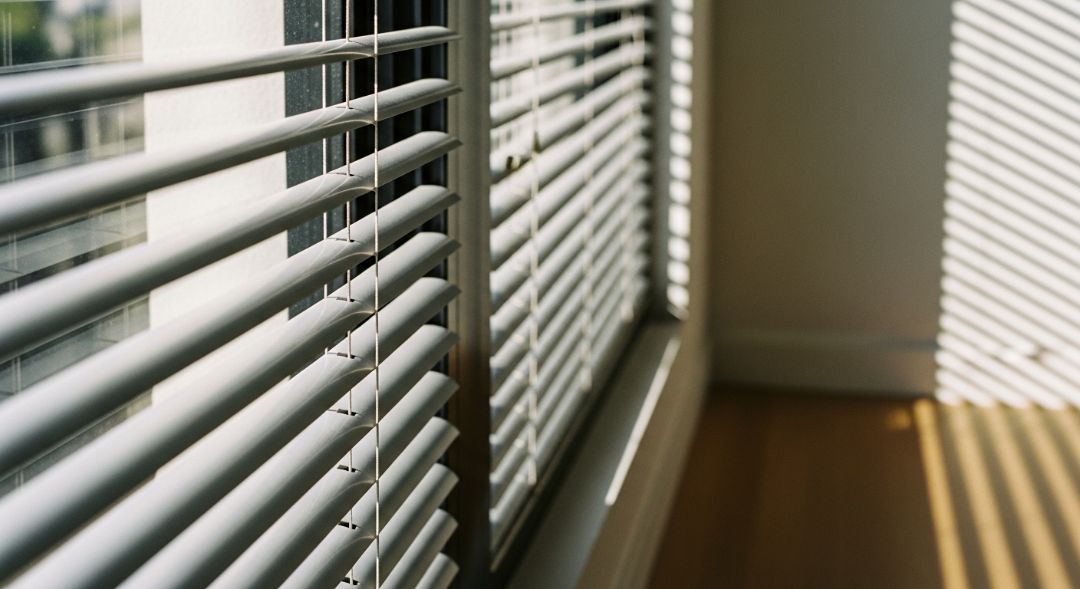
- Vinyl blinds are the more budget-friendly choice upfront.
- Aluminum blinds require a higher initial investment but last longer and may offer better long-term value since replacement is less frequent.
For rental properties, vinyl blinds keep costs down. For long-term homeowners, aluminum blinds often provide better return on investment.
Health, Safety, and Environmental Impact
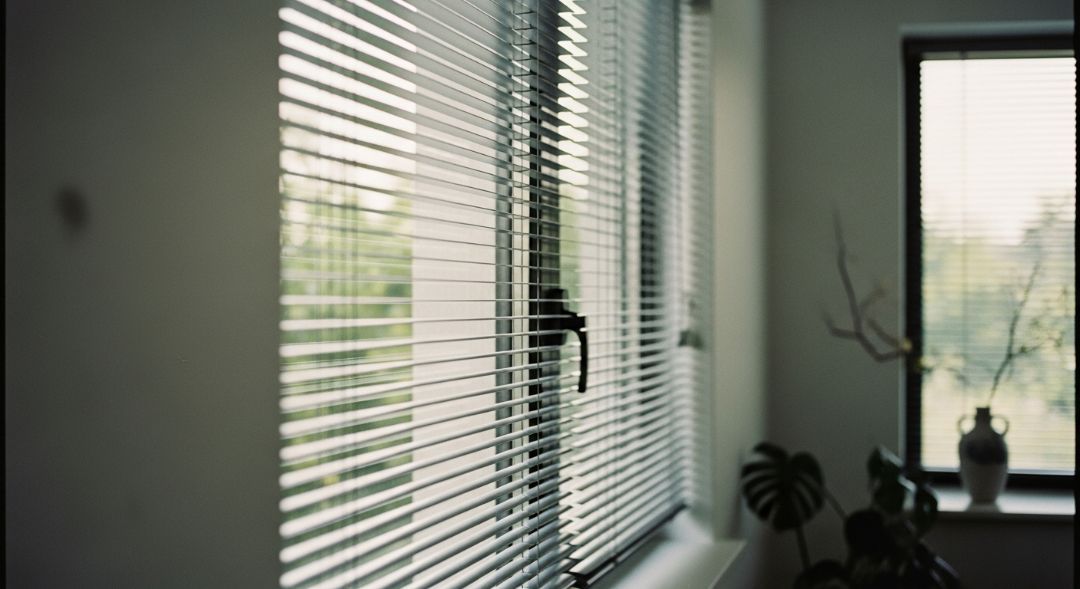
- Vinyl: Some older vinyl products off-gas VOCs. Newer models are safer, but air quality concerns exist. Not recyclable.
- Aluminum: Non-toxic, recyclable, and environmentally friendlier.
For homes with children or pets, cordless options are recommended for both vinyl and aluminum to reduce choking risks.
Best Use Cases and Scenarios
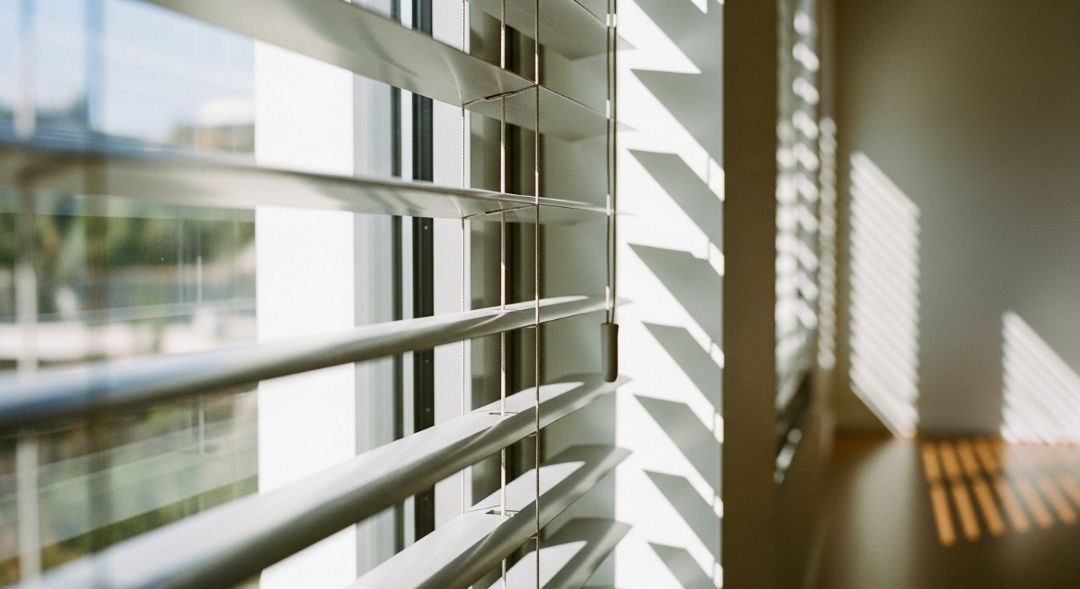
- Bathrooms and kitchens: Vinyl blinds handle moisture better.
- Large windows or sliding glass doors: Aluminum blinds stay stable.
- High-traffic areas: Aluminum blinds resist wear better.
- Homes with pets or kids: Vinyl blinds bend without breaking, safer in many cases.
- Outdoor covered patios: Aluminum holds up longer under sunlight.
Noise and Acoustic Impact
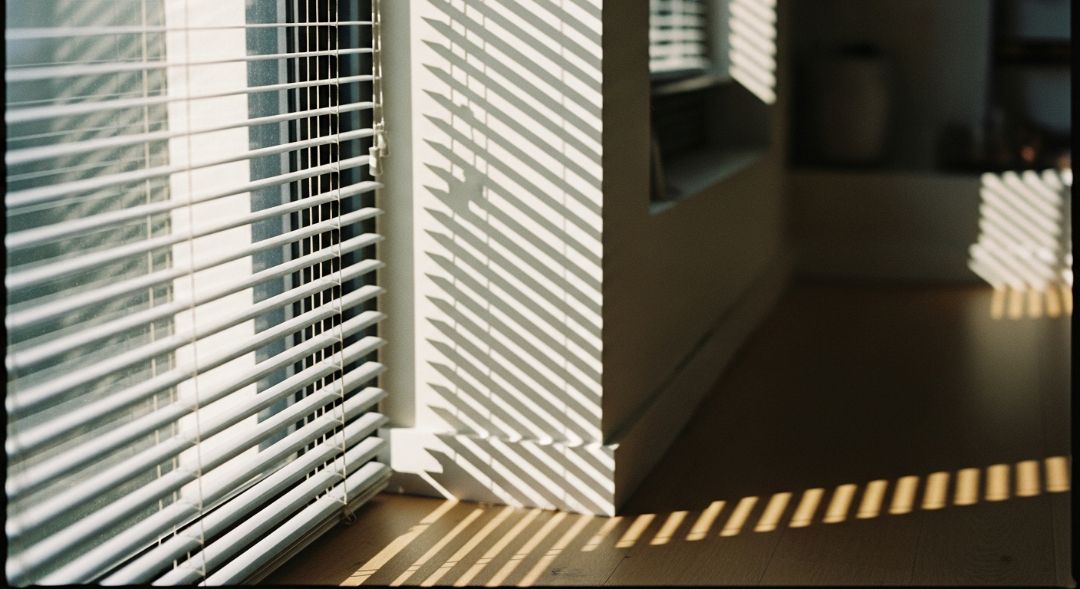
- Vinyl blinds are quieter, moving silently without rattling.
- Aluminum blinds can make noise when touched or moved by air circulation.
For bedrooms or quiet spaces, vinyl is preferable.
Environmental Impact and Sustainability
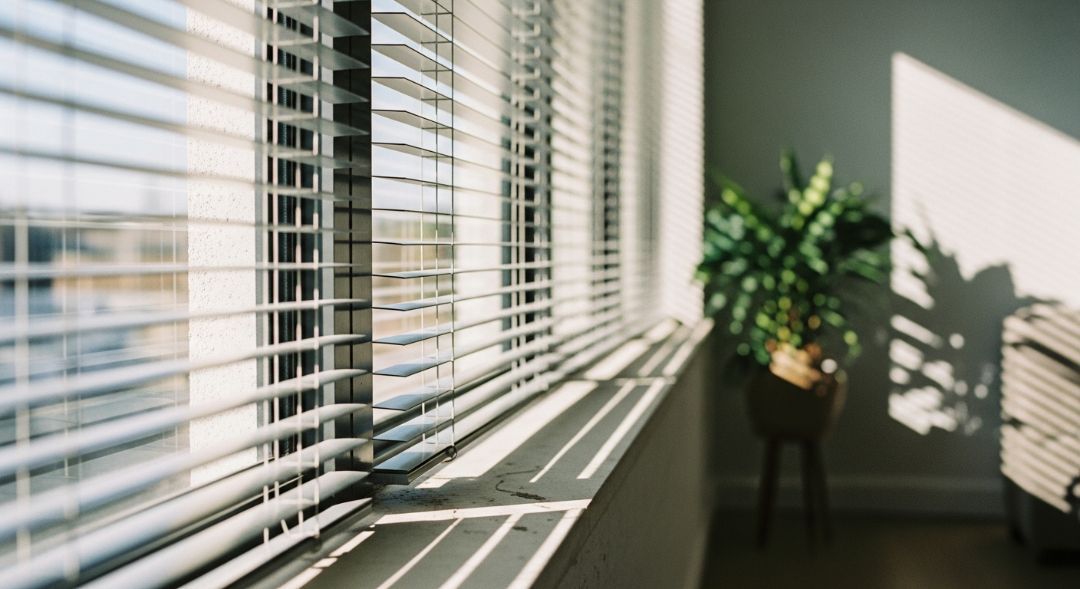
- Vinyl blinds are harder to recycle. PVC disposal adds to waste.
- Aluminum blinds are recyclable and more sustainable. Recycled aluminum production also uses less energy than creating new aluminum.
Which Type of Blinds Lasts Longer in Humid Areas?
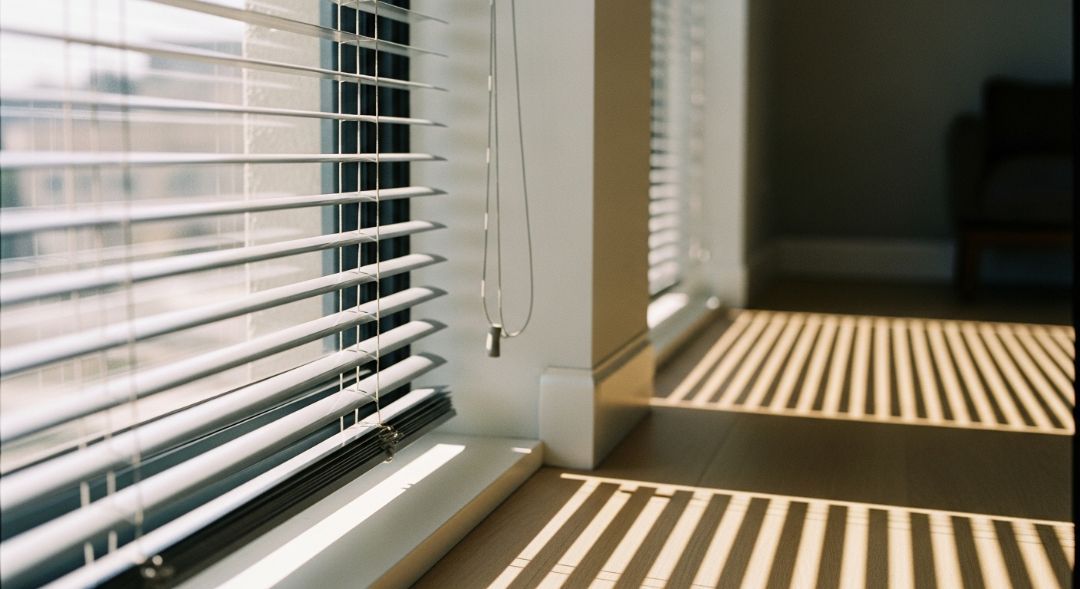
Vinyl blinds last longer in humid rooms because they resist moisture. Aluminum blinds may corrode if protective coating wears down.
For Texas bathrooms, laundry rooms, or kitchens, vinyl blinds are more practical.
Comparison Table
| Feature | Vinyl Blinds | Aluminum Blinds | Recommendation |
|---|---|---|---|
| Upfront Cost | Budget-friendly | Higher initial investment | Vinyl for budget needs |
| Lifespan | Shorter | Longer-lasting | Aluminum for long-term use |
| Moisture Resistance | Strong | Moderate, prone to corrosion | Vinyl for humid rooms |
| Heat & UV Resistance | Weaker | Strong, resists fading | Aluminum for hot climates |
| Energy Efficiency | Average | High, reflects sunlight | Aluminum for energy savings |
| Maintenance | Easy, gentle cleaning | Easy, careful drying needed | Tie |
| Noise | Quieter operation | Rattles in drafts | Vinyl for quiet spaces |
| Design Options | Many colors and textures | Sleek, fewer textures | Vinyl for flexibility |
| Environmental Impact | Limited recyclability | Fully recyclable | Aluminum for eco value |
FAQs
Do aluminum blinds rust in humid climates like Texas?
Yes, if coatings wear off. Quality aluminum blinds with protective finishes last longer.
Will vinyl blinds fade in direct sun?
Yes, vinyl blinds discolor and warp under prolonged UV exposure.
Are vinyl blinds safe for kids?
Yes, especially cordless models. They bend rather than snap, reducing injury risks.
Which blinds save more on energy bills?
Aluminum blinds reflect heat better and lower cooling costs in hot climates.
Which blinds are best for sliding glass doors?
Aluminum blinds stay stable and durable over large spans.
Blinds Value in Everyday Homes
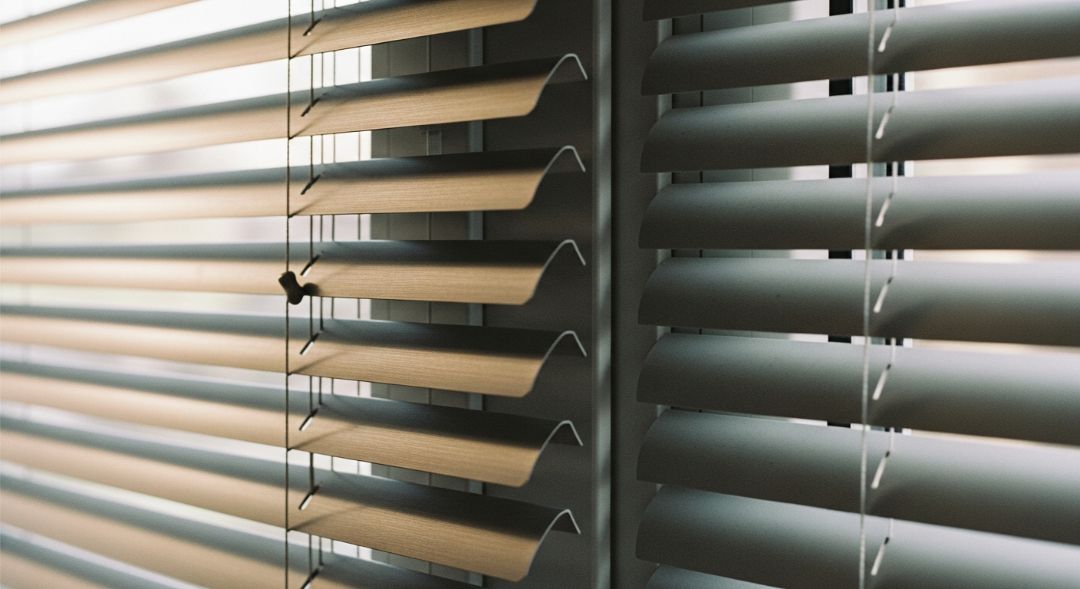
- Vinyl blinds work well for temporary housing, rentals, and budget-focused buyers. They keep upfront expenses lower.
- Aluminum blinds suit long-term homeowners who want lasting performance and energy efficiency. Their higher investment often pays off over time.
Final Recommendation from Love Is Blinds TX
Vinyl vs Aluminum Blinds: Which Window Covering is Better? The answer depends on your needs.
- Choose
vinyl blinds for affordability, variety, and moisture resistance in bathrooms and kitchens.
- Choose
aluminum blinds for durability, energy efficiency, and long lifespan in sun-facing rooms or large windows.
Love Is Blinds TX recommends mixing both materials based on room conditions. This balanced approach delivers comfort, design flexibility, and long-term value.

